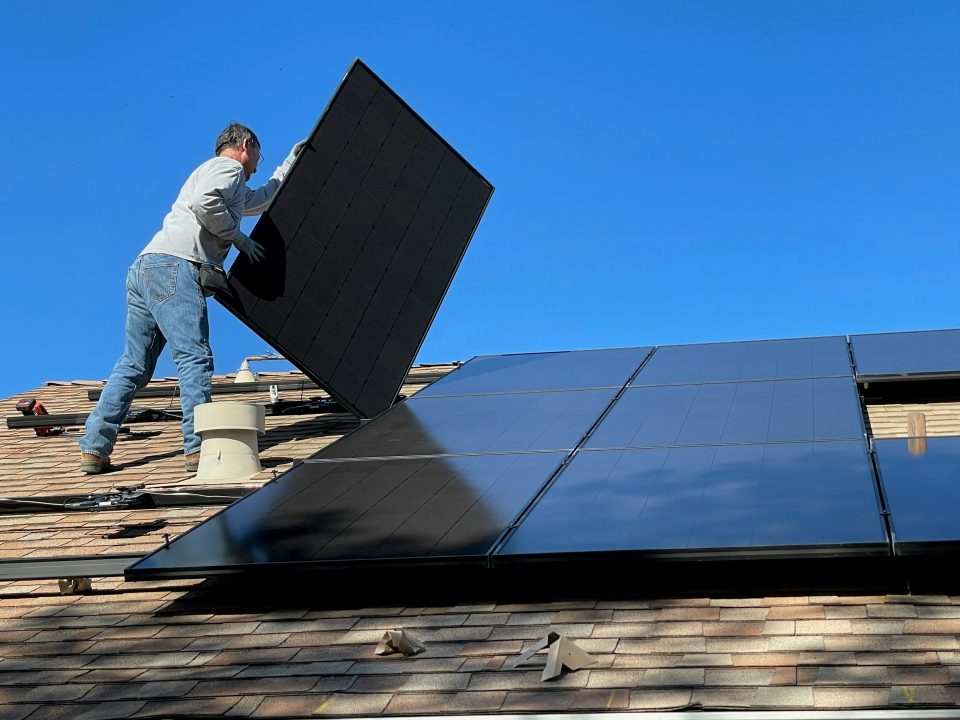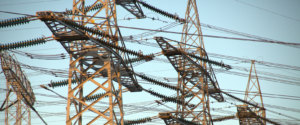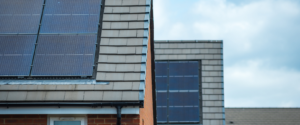Seasonal Variations in Solar Energy Production: What UK Users Can Expect
Did you know that April 2025 was the sunniest since records began in 1910? Met Office figures showed that the country enjoyed 47% more sunshine hours, with an average of 228.9 hours across April.
But, as any UK homeowner knows, these conditions won’t last forever. Our proximity to the North Atlantic means that, when winter comes, sunshine is often hard to come by. If you’re considering solar panels, this might make you wonder: do these conditions matter?
Do solar panels work as well in the winter as they do in the summer, and how do seasonal changes affect their output? To learn more, stay with Project Solar!
How do solar panels work?
Solar panels contain a special type of silicon unit called photovoltaic cells, which activate and produce energy when they come into contact with photons (the scientific name for light waves and particles).
An inverter then makes this energy usable and feeds it to your home, office or the grid. The process is more efficient in sunny conditions, purely because stronger sunlight is a stronger source of energy.
But remember, solar power generation doesn’t just stop when it turns cloudy! While certain aspects benefit from summer weather, you can still generate electricity from solar power during winter.
Do solar panels work in winter?
The short answer is yes, they do. Photovoltaic cells can still convert visible light into energy during winter, although fewer daylight hours might cause a slight dip in capacity. Here are two important, seasonal factors that can affect solar panel output in winter vs summer.
Light
There’s no getting away from the fact that there is less sunlight to go around in winter, but the extent to which it affects solar performance might be less than you think.
Depending on the amount of cloud cover, the reduced daylight hours might see your capacity dip. However, this is still enough to draw power from and puts to bed the idea that you can’t generate solar power on cloudy days.
Temperature
You might think solar PV systems would work better in warm weather, but that’s not always true.
Cold temperatures are actually better for system efficiency than warmer ones. Plus, it’s only visible light that matters in a solar power system, so the misconception that you need warm, sunny light on the panels can be brought to an end.
How can homeowners optimise solar panel performance in winter?
So, as a responsible owner of a PV system, what can you do to maximise solar panel efficiency in the winter?
Keep them clean
Increased rainfall, windy conditions, and, potentially, snow, can bring more debris. As this dirt lands, it may accumulate on top of your panels and cause a reduction in efficiency.
While rain can help wash away some dirt, we advise cleaning your panels periodically to guarantee optimal performance. If your panels are easy to access, using a soft brush or a telescopic cleaning tool with biodegradable soap can remove grime without damage.
For hard-to-reach installations, consider hiring a professional solar panel cleaner.
Work with expert installers to optimise tilt and orientation
The sun is at a lower angle in the winter. As the Northern Hemisphere leans away from the sun, we experience shorter daylight hours, which can affect the amount of sunlight hitting your panels.
That’s why it’s so important to work with professional installers. Consulting with experienced professionals like Project Solar can ensure that your panels are positioned to maximise exposure throughout the year.
Remove any obstructions
A number of things can cast shadows on your panels, including nearby structures, overhanging branches, and snow. If you’re experiencing a dip in efficiency, it’s worth inspecting your installation site for potential obstructions.
Trimming nearby trees or removing a buildup of natural materials can help maintain optimal performance. However, you should always prioritise safety. If you’re unable to access your roof or are facing hazardous conditions, call a professional.
Install a battery
Did you know that pairing your solar panels with a battery can help you store excess energy? Solar batteries work by collecting energy generated during daylight hours, which you can then use during the evening or on overcast days.
Schedule a professional check-up
The best way to keep your panels in top condition is with annual maintenance checks. Hire a professional, and they’ll be able to detect problems like wiring issues, inverter faults, or panel degradation.
If you’re concerned, be sure to schedule a check-up before winter to make sure your system is operating at maximum capacity.
Are you ready to join the green revolution?
As you can see, solar panel output in winter vs summer may be different, but colder, harsher conditions don’t always mean diminished performance. Work with an installer like Project Solar, and we’ll optimise your panels for wintertime energy savings.
Contact us today to learn more!



